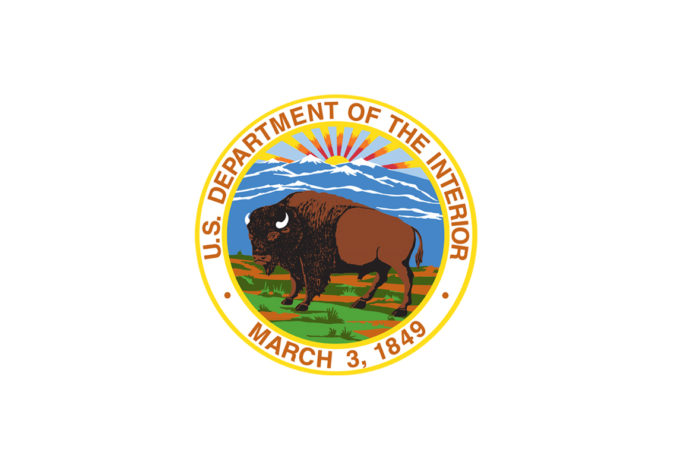WASHINGTON, D.C. – The Department of the Interior recently took several steps to honor it’s nation-to-nation relationship with tribes and uphold trust and treaty responsibilities to them. These actions reverse a series of steps taken in the previous administration that undermined the ability of tribes to establish and consolidate their homelands.
Taking land into trust is one of the most important functions the Interior undertakes on behalf of tribes. Secretary of the Interior Deb Haaland issued Secretary’s Order 3400, which re-delegates the authority to review and approve applications to place land into trust to the Bureau of Indian Affairs regional directors. The Secretary’s Order will not apply to gaming applications. This action reverses steps taken in 2017 that unnecessarily elevated land-into-trust decisions to the department’s headquarters staff, increasing the complexity of the decision-making process and causing delays.
“At Interior, we have an obligation to work with tribes to protect their lands and ensure that each tribe has a homeland where its citizens can live together and lead safe and fulfilling lives,” said Interior Secretary Deb Haaland. “Our actions today will help us meet that obligation and will help empower tribes to determine how their lands are used — from conservation to economic development projects.”
Federal policies dating back more than a century have eroded the land base of Native American tribes across the United States. By placing lands into trust status through the Department of the Interior, tribes are able to reacquire lands within or near their reservations, establish a land base for tribal communities, and clarify jurisdiction over their lands. Tribes have faced delays and increasing costs in efforts to develop housing projects, manage law enforcement agencies, and develop local economies as a result of unnecessary hurdles in the land-into-trust process.
“The patchwork of landholdings within existing reservation boundaries can make it difficult to develop coherent law enforcement and regulatory policies on reservations, restricting the ability to sustain community and economic development,” said Bryan Newland, Principal Deputy Assistant Secretary – Indian Affairs. “These important actions are a step in the right direction to restore homelands that will strengthen tribal communities.”
In addition to the Secretary’s Order, the Solicitor’s Office withdrew three previous opinions that impeded the Department’s ability to take land into trust for tribes and that were issued without adequate tribal consultation. Going forward, the Department will engage in meaningful and robust consultation with tribes to learn about the challenges they face in the fee-to-trust process and in managing their own lands.
The Solicitor issued M-37070 and withdrew M-37054 and M-37055, which created an unduly burdensome process for tribes seeking to place land into trust under the Indian Reorganization Act (IRA) of 1934. In its place, the office reinstated a previous opinion (M-37029) that has been upheld by multiple federal courts and outlines a reasonable process for tribal applications for land into trust.
The Solicitor also issued M-37069 and withdrew M-37064, which erroneously concluded that, despite the existence of a formal rule allowing such acquisitions, the Secretary of the Interior does not have discretionary authority to take land into trust for tribes in Alaska. This action will eliminate uncertainty over the Secretary’s continuing authority under the IRA to take land in Alaska into trust for the benefit of Alaska tribes.














































